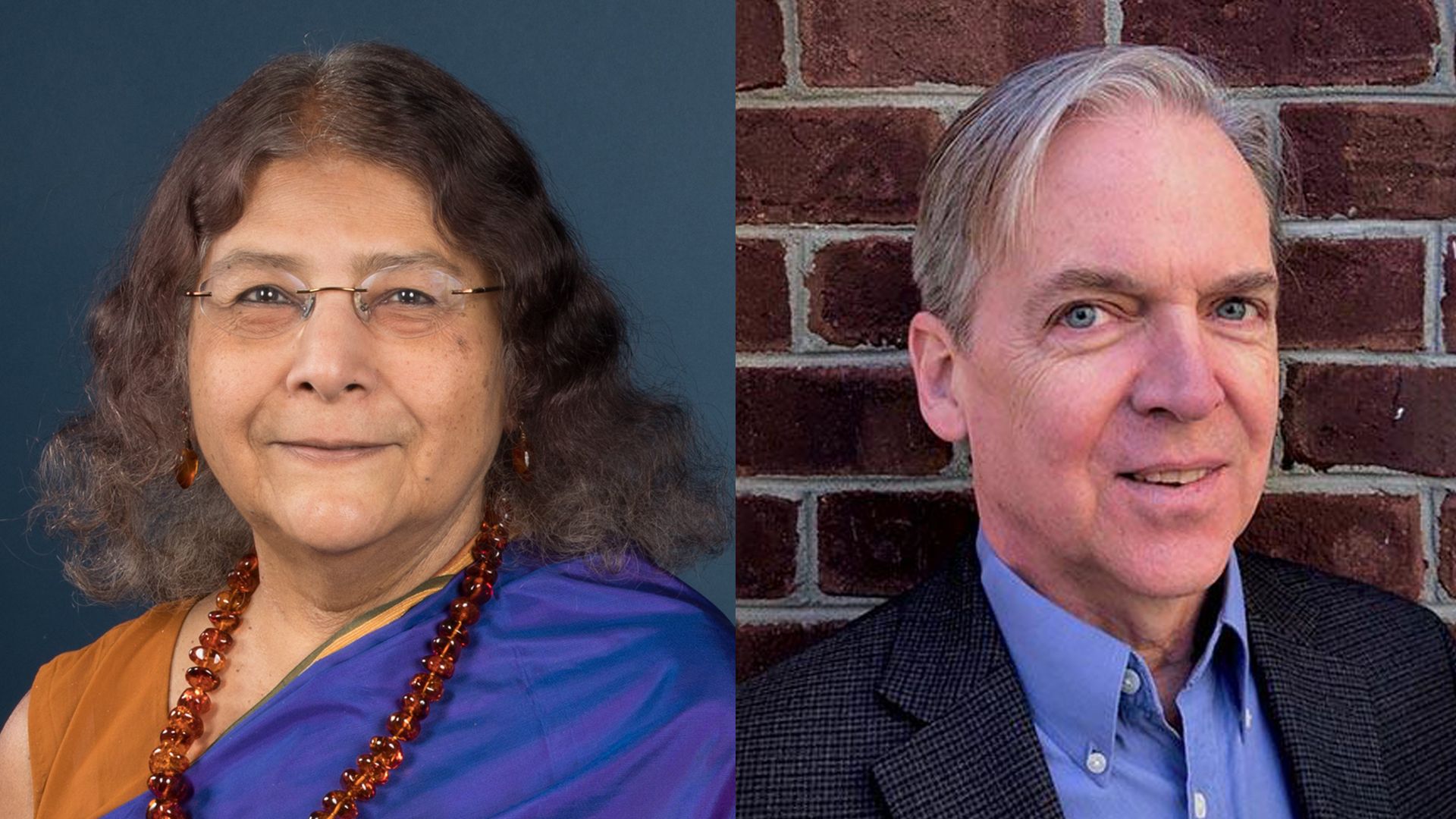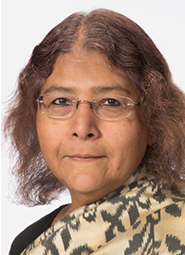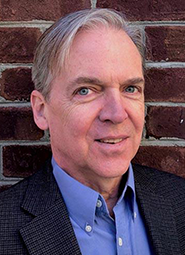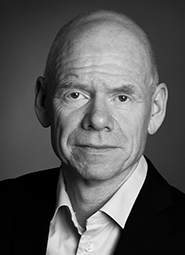CCBIO Special Seminar: Can Science Make Sense of Life?

A conversation between 2022 Holberg Laureate Sheila Jasanoff, Harvard University, and Professor Stephen Hilgartner, Cornell University.
Meet the 2022 Holberg Laureate, Sheila Jasanoff (Harvard University), in conversation with Professor Stephen Hilgartner (Cornell University).
Professors Jasanoff and Hilgartner are internationally leading scholars in Science and Technology Studies (STS) and have done extensive research on the social dimensions and politics of biomedicine and biotechnology, among other fields. What is STS and what insights does it have to offer to medical and health researchers and practitioners? And, to allude to the title of Professors Jasanoff's latest book, what is the answer to the question "Can Science Make Sense of Life?"
This event is a part of the 2022 Holberg Week, which takes place from 7 to 10 June.
Participants:

Sheila Jasanoff is Pforzheimer Professor of Science and Technology Studies at the Harvard Kennedy School. A pioneer in her field, she has authored more than 130 articles and chapters and is author or editor of more than 15 books, including The Fifth Branch (1990), Science at the Bar (1995), Designs on Nature (2005), The Ethics of Invention (2016), and Can Science Make Sense of Life? (2019).Her work explores the role of science and technology in the law, politics, and policy of modern democracies. Jasanoff founded and directs the STS Program at Harvard; previously, she was founding chair of the STS Department at Cornell. She has held distinguished visiting appointments at leading universities in Europe, Asia, Australia, and the US. Jasanoff served on the AAAS Board of Directors and as President of the Society for Social Studies of Science. She is a member of the Council on Foreign Relations. Her honors include the SSRC’s Hirschman prize, the Humboldt Foundation’s Reimar-Lüst award, a Guggenheim Fellowship, an Ehrenkreuz from the Government of Austria, and foreign memberships in the British Academy and the Royal Danish Academy. She holds AB, JD, and PhD degrees from Harvard, and honorary doctorates from the Universities of Twente and Liège.

Stephen Hilgartner is professor at the Department of Science & Technology Studies at Cornell University. Hilgartner studies the social dimensions and politics of contemporary and emerging science and technology, especially in the life sciences. His research focuses on situations in which scientific knowledge is implicated in establishing, contesting, and maintaining social order -- a theme he has examined in studies of expertise, property formation, risk disputes, and biotechnology. His most recent book, Reordering Life: Knowledge and Control in the Genomics Revolution (MIT Press, 2017), examines how new knowledge and new regimes of control took shape during the Human Genome Project. Hilgartner’s book on science advice—Science on Stage: Expert Advice as Public Drama—won the Rachel Carson Prize from the Society for Social Studies of Science. He is also a co-editor of two recent books: Science & Democracy: Making Knowledge and Making Power in the Biosciences and Beyond (Routledge, 2015) and Handbook of Genomics, Health and Society (Routledge, 2018). Hilgartner is a Fellow of the American Association for the Advancement of Science.

Roger Strand (moderator) is professor and former director at the Centre for the Study of the Sciences and the Humanities, University of Bergen, and a co-director of the European Centre for Governance in Complexity. His research focuses on uncertainty and complexity at interfaces between science and policy.